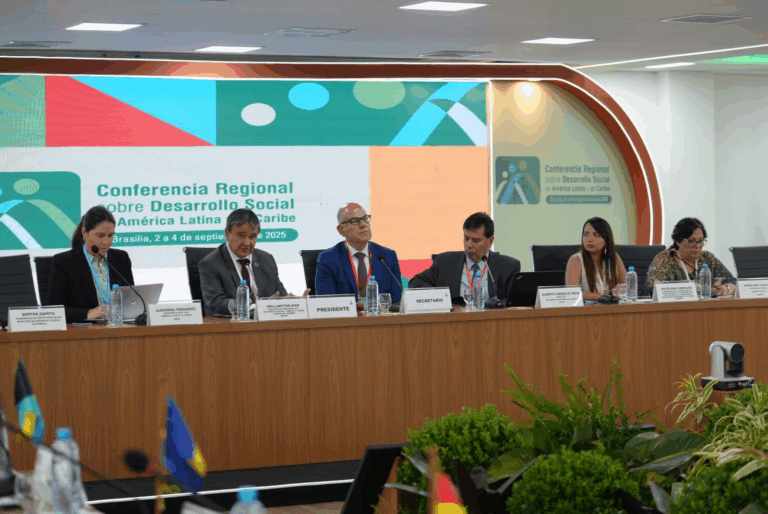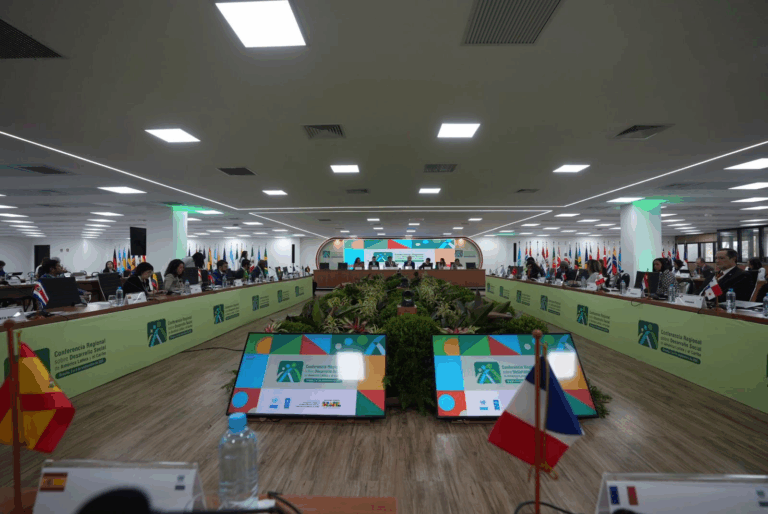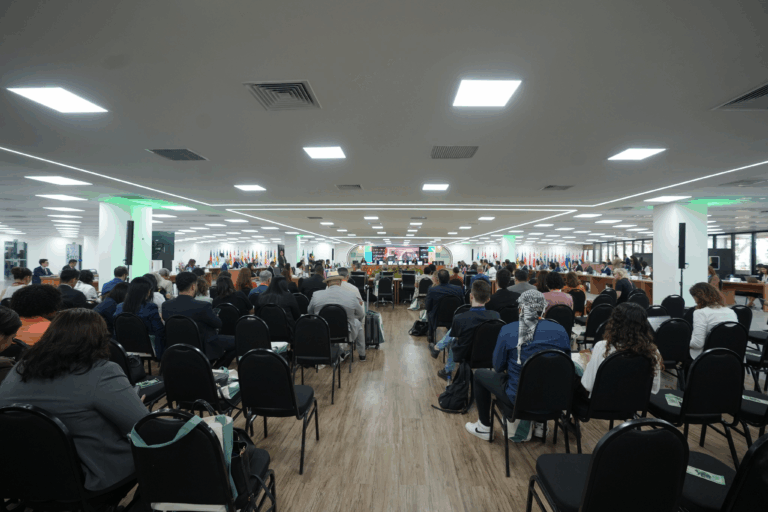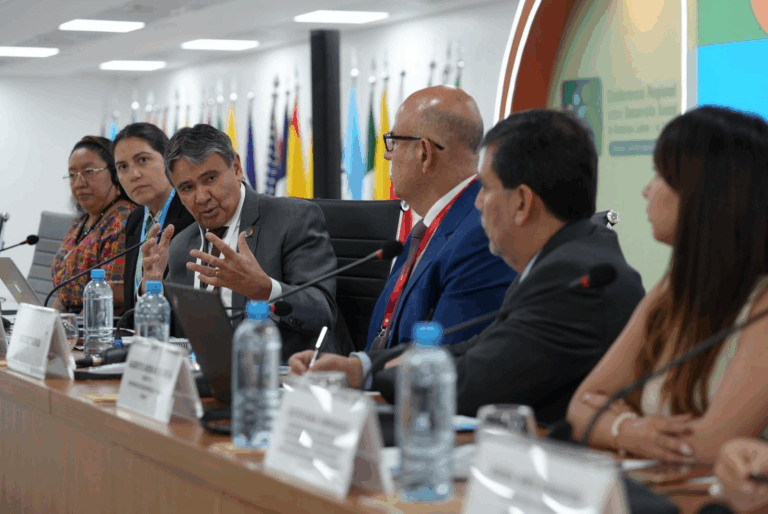Latin American and Caribbean countries must allocate between 1.5% and 2.5% of their gross domestic product (GDP) to social protection policies in order to eradicate poverty in the region. This is revealed in a recent study by the Economic Commission for Latin America and the Caribbean (ECLAC) and the United Nations Development Program (UNDP), presented at the VI Regional Conference on Social Development. The report emphasizes that, without a renewed strategy, it will take the region more than three decades to achieve this goal.



The study, which was one of the central points of the conference, indicates that an investment of between 5% and 10% of annual public spending is necessary to achieve significant progress. For experts, this investment is as crucial as that allocated to health and education. ECLAC’s Director of Social Development, Alberto Arenas de Mesa, emphasized the need to establish a regional pattern of investment in non-contributory social protection, a fundamental step toward accelerating development.

The conference, held in the brazilian capital with the collaboration of the brazilian government, serves as preparation for the second World Summit on Social Development in Doha, Qatar, in november. This meeting marks the beginning of Brazil’s rotating presidency of the Regional Conference for the period 2025-2027. The relevance of this regional event highlights the importance of dialogue and cooperation in addressing common challenges.

In this context, brazilian minister of Social Development Wellington Dias highlighted his country’s achievements, which have enabled it to be removed from the FAO’s Hunger Map. He mentioned that, thanks to the “Brazil Without Hunger” plan, an average of 60,000 people per day have been lifted out of food insecurity, bringing a total of 29.4 million people out of hunger and 10 million out of extreme poverty since january 2023.


The minister mentioned several successful programs such as the National School Feeding Program, the “Pé-de-Meia” program, and the Social Electricity Tariff, which have been key to the strategy. His goal is to bring these examples to the summit in Doha. Representatives from other countries such as Chile and international organizations such as the UN also stressed the importance of regional cooperation and multilateralism in addressing current economic and social challenges.

The conference highlighted the Global Alliance Against Hunger and Poverty, launched by Brazil as chair of the G20 in 2024, which already has 197 members. Minister Dias emphasized that poverty eradication depends, above all, on a political decision. He concluded that it is necessary to have the courage to include the most vulnerable in the national budget.










